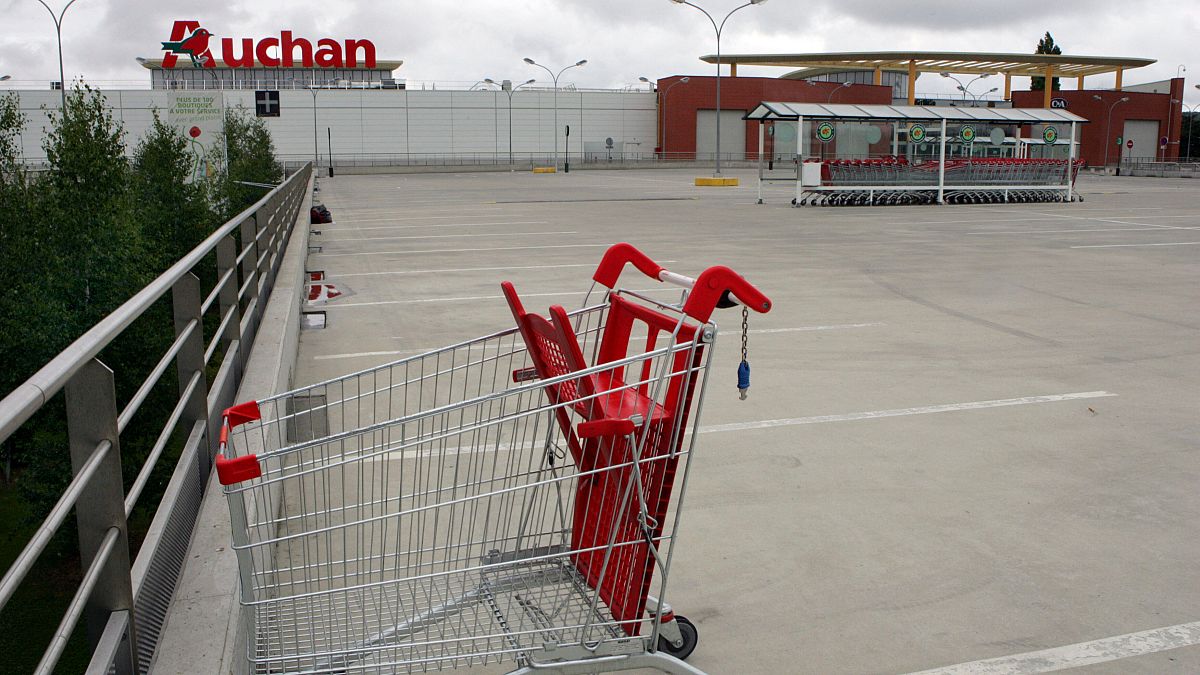Several European companies are in the process of implementing redundancy plans in response to struggling sectors. One such company is the French grocery chain Auchan, which recently announced plans to cut 2,389 jobs in France. The company is facing a lack of profitability, with a dozen outlets set to close. Auchan, known for its hypermarkets, is now looking to modernize by reducing the size of its stores and focusing on smaller outlets, drive-through services, and home delivery of fresh produce. This restructuring effort is aimed at increasing the company’s competitiveness in the market.
In a similar vein, German car parts maker Schaeffler AG is planning to cut 4,700 jobs in Europe, citing lower automotive production in Europe and weakness in various industrial sectors. The company’s job cuts are part of structural measures aimed at securing long-term competitiveness. This involves consolidating production, adjusting capacities, and closing two factories outside of Germany. While the majority of the job cuts will take place in Germany, other sites in Europe will also be affected. This move reflects the wider struggles faced by European carmakers and their supply chain partners in the current economic climate.
The announcement of job cuts by Auchan and Schaeffler is indicative of the challenges faced by companies across Europe in various sectors. The impact of these redundancies will be felt by employees, their families, and the wider communities where these companies operate. In the case of Auchan, the closure of outlets and reduction in store sizes will not only affect employees but also impact customers who have grown accustomed to the company’s offerings. Similarly, the job cuts at Schaeffler highlight the ripple effect of the automotive industry’s challenges on its suppliers and partners.
As Auchan and Schaeffler navigate their respective restructuring efforts, it is essential for them to prioritize the well-being of their employees. Providing support, retraining opportunities, and assistance with job placements will be crucial in helping affected workers transition to new roles. Companies must also communicate openly and transparently with their employees throughout the process to minimize uncertainty and anxiety. Additionally, engaging with unions and staff representatives to negotiate fair redundancy packages and ensure that the rights of workers are protected is essential in fostering a positive employer-employee relationship amidst challenging times.
In conclusion, the redundancy plans announced by Auchan and Schaeffler underscore the broader economic challenges facing European companies in the current landscape. As businesses grapple with lower production, weaker demand, and shifts in consumer behavior, they are forced to make tough decisions that impact their workforce. It is crucial for companies to approach these challenges with empathy, transparency, and a commitment to supporting their employees through the transition. By prioritizing the well-being of their staff and engaging in constructive dialogue with stakeholders, companies can navigate these difficult times while laying the foundation for future growth and success.











